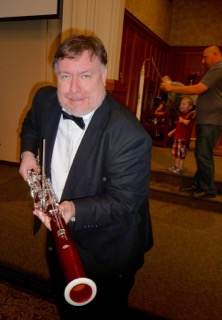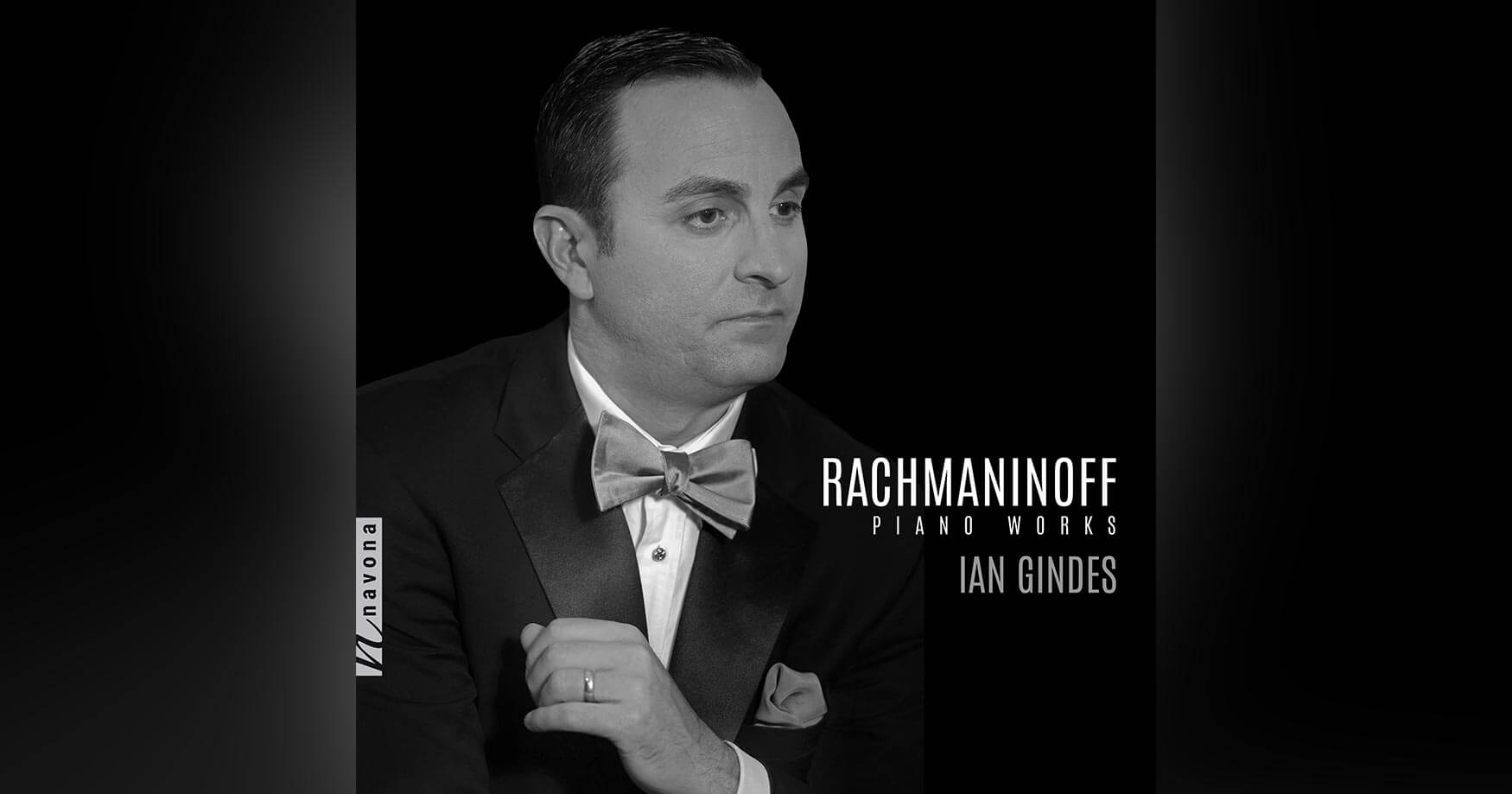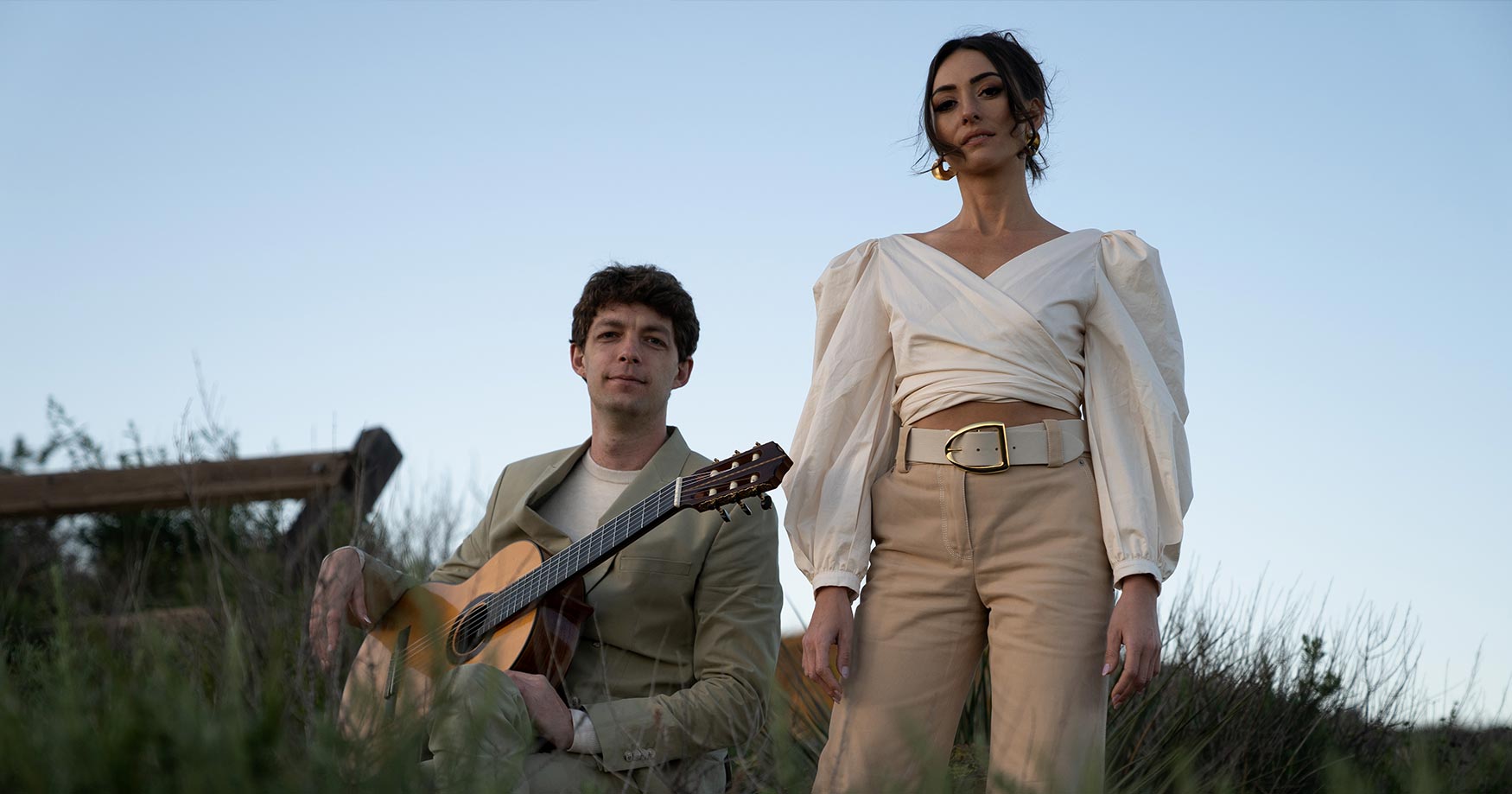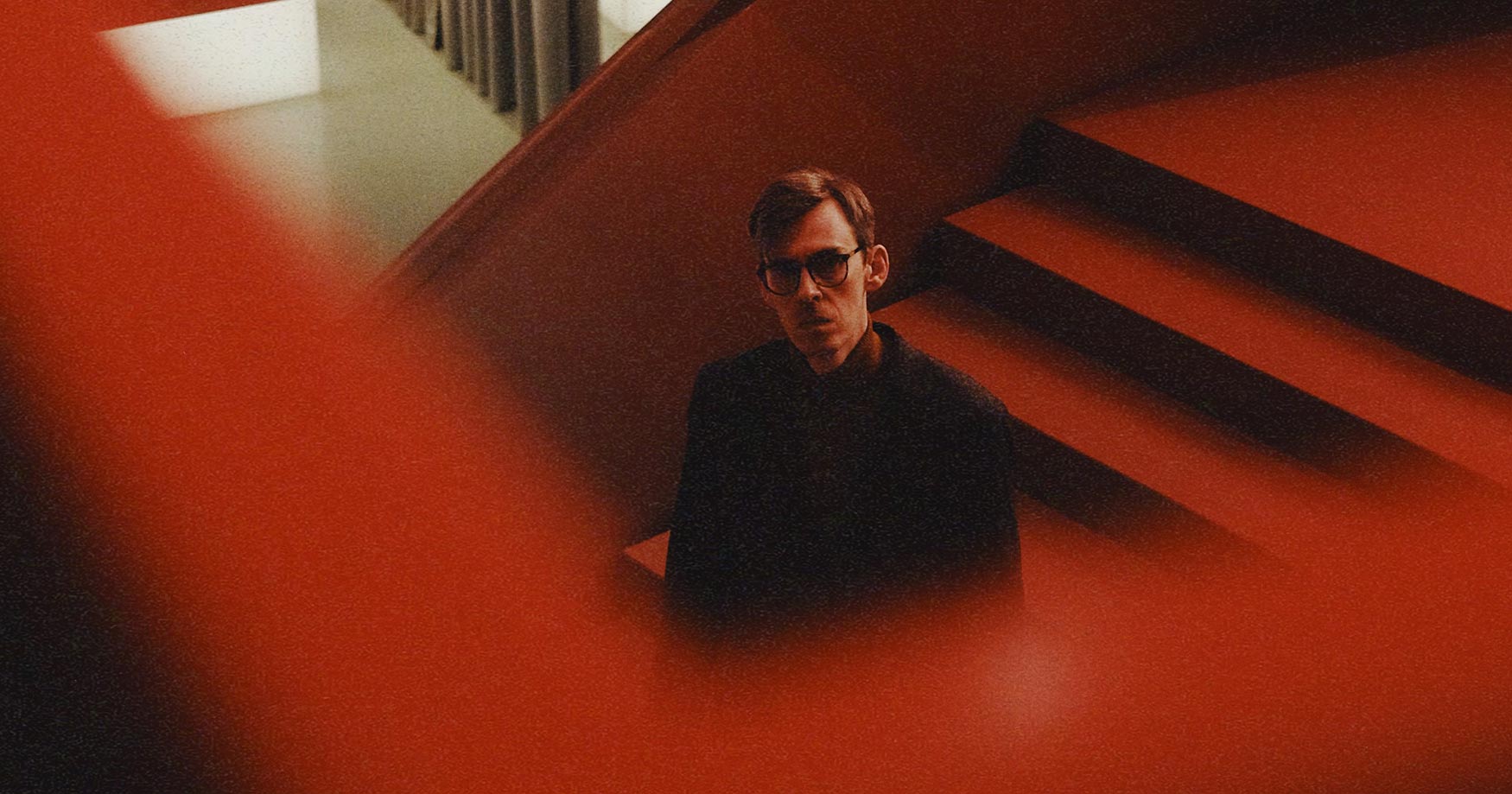Composer Steven Kennedy resides in New England where he freelances as a film music reviewer/commentator, bassoonist, conductor, and keyboardist.
He has composed two musicals, two symphonies, solo works, and works for chorus, band, and orchestra, and also released a solo album of original piano music, Reflections. A respected reviewer, his analyses of film and video game music appear in Film Score Monthly, Film Music Review, and on his blog Cinemusical. Performances the past few years have included selections from his musicals: Hymn (Suite for Orchestra), Convergence for Chamber Orchestra, and an arrangement of his The Night We Danced for concert band. His Festival Psalm was a finalist for the ALCM’s Raabe Prize.
Today, Steve is our featured artist in “The Inside Story,” a blog series exploring the inner workings and personalities of our artists. Read on to discover what it was like for Steve to livestream into the session for his Marian Sonata at 5am…
When did you realize that you wanted to be an artist?
The idea of being an “artist” is still hard to wrap my mind around. Throughout my life I have been creating music in one way or another. I grew up surrounded by all sorts of music from popular songs, to church, to classical and jazz recordings played in my home. My dad’s Lowrey organ became my primary instrument from a very young age. This led to composing an original work for piano that I played at our second grade talent contest. At that point I had no formal training to play the piano or anything. Sketchbooks soon followed, and I think from that point on I knew I wanted to compose music. Very early on, I began asking my parents for music that I should not have known anything about. At one point, I specifically asked for a recording of the Tchaikovsky fourth symphony conducted by Herbert von Karajan. Evidently, I threw a fit because my father bought the “wrong” recording (I evidently wanted the Deutsche Grammophon one and he got the EMI/Angel one). How I knew this as a kindergartener is still beyond me even today!
What was the most embarrassing thing that happened to you during a performance?
Probably the most embarrassing thing to happen to me was when I was performing in my college wind ensemble. I play bassoon and in that band’s setup I was sitting on stage closest to the audience. We were performing a transcription of Tchaikovsky’s 1812 Overture. Though we were inside, it was a very warm, humid day. At the quietest moment of the piece (and there are few!), I went to lift my right hand to turn the page and the hand rest on the boot of the bassoon came out and fell to the ground making a far louder racket than one might imagine. A glare from the conductor certainly capped my most embarrassing performance moment to be sure.
If you could make a living at any job in the world, what would that job be?
It would be wonderful to be able to make a living as a composer/conductor. Those aspects of my creativity have always been linked. Having written two musicals and then worked to direct the demos, I know that as difficult as that all felt, it was simply exhilarating to watch things come together that had only been part of my own imagination and artistic expression.
What was your favorite musical moment on the album?
During the recording of this album, it was just breathtaking to hear when either Vit or Lucie tackled a more technical aspect of the piece. As this piece has a somewhat overarching descriptive story, the one moment that stood out was when we began recording Movement 3. This is the “Easter” movement and the opening depicts the stone being moved away from the tomb with dark rumblings in the piano. When we began recording the movement, it was 5 am my time which somehow seemed quite appropriate and equally eerie. The second movement’s piano section that has an almost Bach-like feel struck me the most, even more so when the violin then entered. It is the most transcendent part of the performance for me.
What does this album mean to you personally?
IN TANDEM is important because it represents a host of people who have been committed to my music and bringing it to a wider public. So many people along the way have been encouraging and excited about this release. It is the first wide release of my music, and it is humbling for my work to stand alongside other equally fine pieces. This is a professional turning point that brings my music to a wider public and hopefully will lead to many more creative endeavors.
Is there a specific feeling that you would like communicated to audiences in this work?
The Marian Sonata allows listeners to get a musical glimpse into the life of Christ. But at another level there is a larger arc that connects us to our own lives from the excitement surrounding birth, moments of deep darkness, times when we are surprised and must run to tell others of our excitement, and then moments to rejoice and give thanks for the life we live. All these aspects provide another avenue to enter into this music in addition to the larger religious narrative that informs the musical quotations.
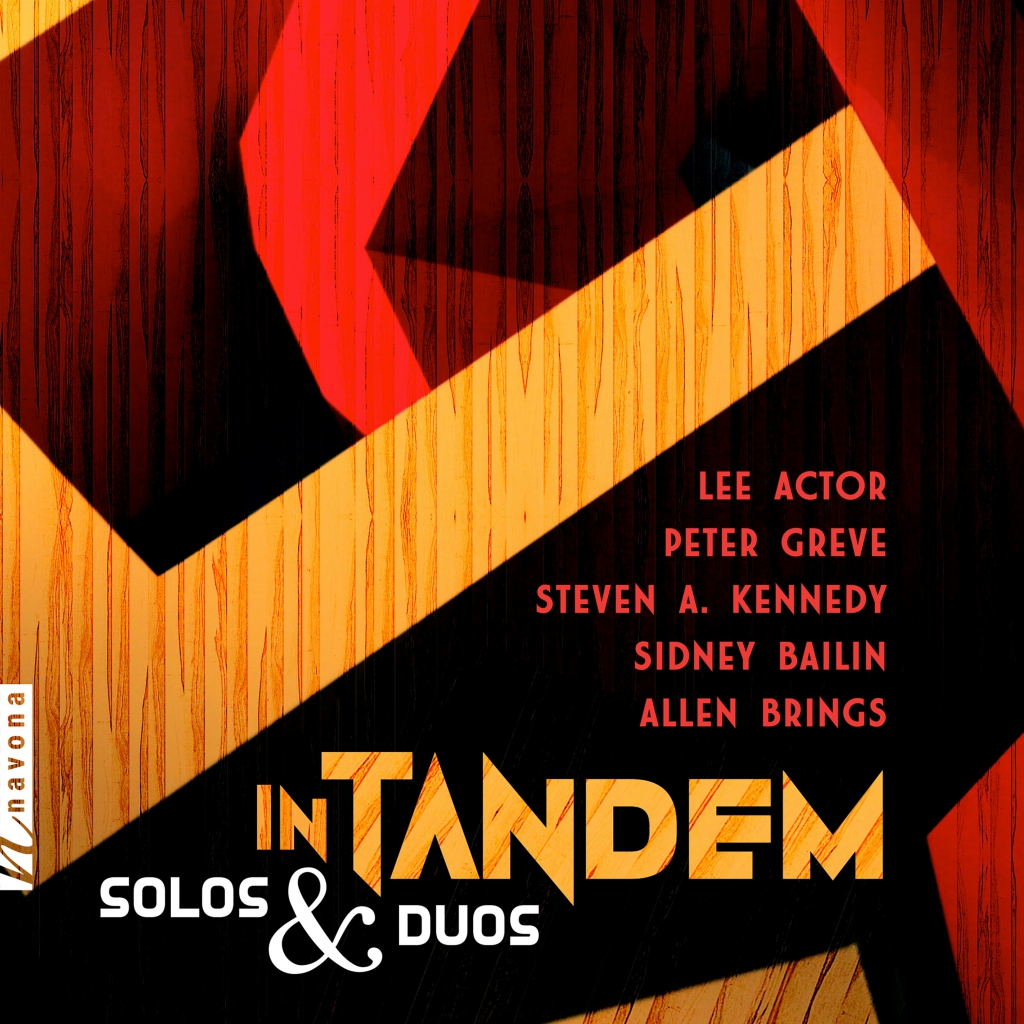
Marian Sonata on IN TANDEM will be available for streaming or purchase through Navona Records on May 24. Click here to pre-order.
